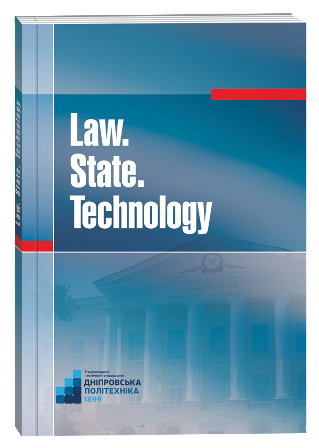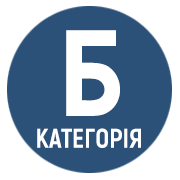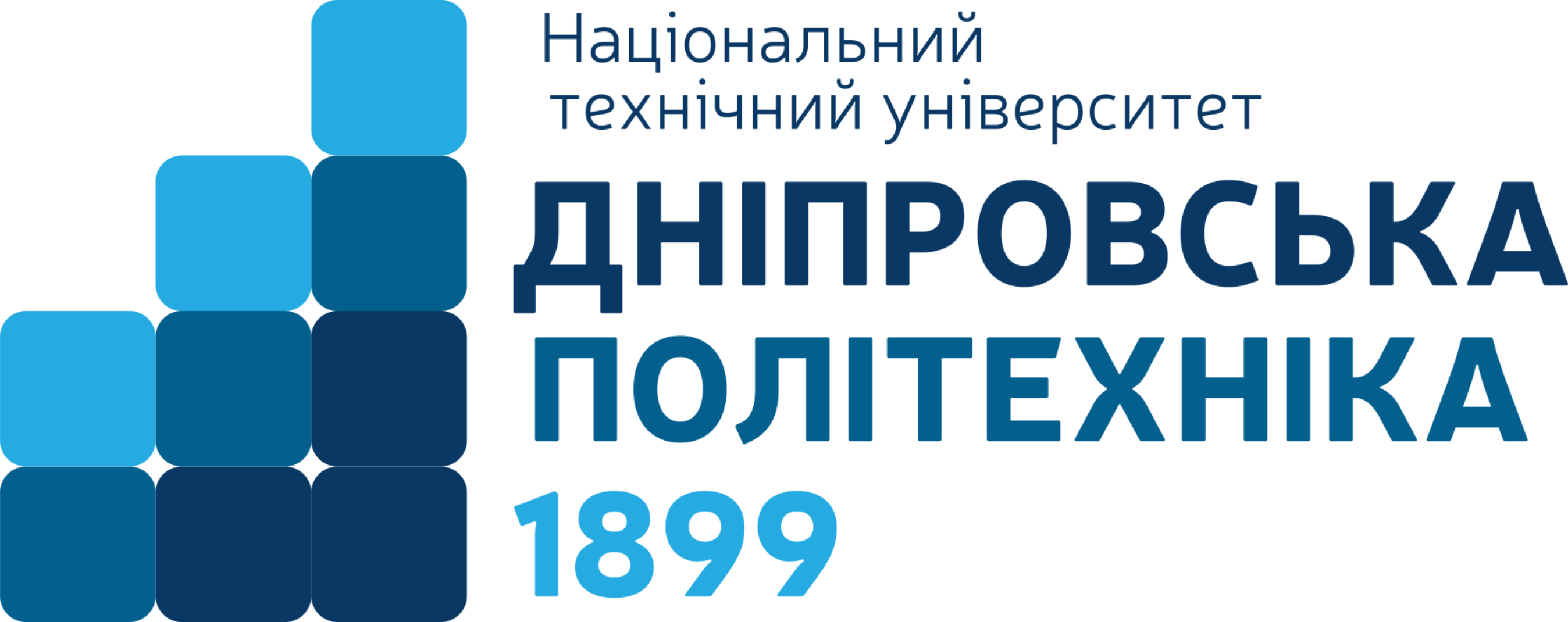FOOD BLOCKADE OF THE USSR IN 20–30 YEARS XX ST. AS A MEANS OF VENGEANCE AND HUMILIATION OF THE UKRAINIAN PEOPLE
DOI:
https://doi.org/10.32782/LST/2021-4-4Keywords:
amine, genocide, food blockade, natural fines, confiscation, grain procurement.Abstract
The objective causes of the famine in Ukraine were its economic decline as a result of revolutions and the economic crisis, and it can be assumed that the famine happened unexpectedly for Stalin. But there is no doubt that its existence was deliberately used by the party leadership as an economic lever for political pressure on the Ukrainian “counter-revolutionary” intelligentsia and the “unconscious” peasantry. The immoral credo of Bolshevism: the end justifies the means – manifested here in full. The purpose of the article is to analyze the well-known facts about the Holodomor in Soviet times, which are published today in numerous publications. The Holodomor was a logical consequence of the violent policy pursued by the Communist Party against the Ukrainian peasantry. The methodological basis of the work was the use of the historical and legal method, which provided an opportunity to analyze and critically evaluate the provisions of the regulations of the Leninist-Stalinist Bolshevik Party. Scientific novelty. Based on the analysis of government instructions and party documents developed on their basis, we can say that they have become a method of carrying out this genocide. They could have been avoided, but the ruling elite deliberately used popular tragedies to achieve strategic imperial goals. According to the results of the study, the conclusion is substantiated that the artificial nature of the Holodomor is confirmed by the policy pursued by the Bolsheviks in the 1930s and 1940s. headed by J. Stalin. The artificiality of the hunger strike is no longer in doubt. Today, the entire Ukrainian society faces the task of deeply understanding the causes, nature, scale of the tragedy, and honoring the memory of millions of our compatriots. Only such a position – the position of remembrance and honoring the victims – guarantees the impossibility of repeating such tragedies in the future.
References
Сергійчук В. Як нас морили голодом: 1921–1923, 1932–1933, 1946–1947. Київ. нац. ун-т ім. Т. Шевченка. Центр українознавства. 2-е вид., доп. Київ : Укр. Вид. Спілка, 2003. 251 с.; Кульчицький С.В. 1933: трагедія голоду. Київ : Т-во «Знання УРСР», 1989. 48 с.; Кульчицький С.В. Ціна великого перелому. Київ : Україна, 1991. 431 с.; Український голокост. 1932–1933: Свідчення тих, хто вижив / упоряд. Ю. Мицик. Київ : Вид. дім «КМ Академія», 2003. 296 с.
НК (ВНК) – (Всеросійська) надзвичайна комісія по боротьбі з контрреволюцією, саботажем і спекуляцією (рос. ВЧК, ЧК); ДПУ – Державне політичне управління (рос. ГПУ); НКВС – Народний комісаріат внутрішніх справ (рос. НКВД). Див.: Російсько-український словник : 80000 слів / Л.А. Булаховський та ін. ; за ред. М.Я. Калинович. Київ : Вид-во АН УРСР, 1955. 804 с.
Сокур В.В., Сокур Ю.В. Голодомори мовою документів і свідчень. 2-ге вид. доп. та перероб. Київ : ФОП Маслаков, 2018. 123 с.
Шкуратенко О., Сокур Ю. Запровадження радянською владою натуральних штрафів як один із проявів геноциду українського народу (історико-правовий аспект). «Штучні голоди в Україні ХХ століття» : матеріали Міжнародної конференції, м. Київ, 16 травня 2018 року. Київ – Дрогобич : Видавництво «Коло», 2018. С. 351–356.
Сокур В.В., Сокур Ю.В. Голодомори мовою документів. Київ : Освіта України, 2017. 118 с.
Голод 1932–1933 років на Україні: очима істориків, мовою документів / кер. кол. упоряд. Р.Я. Пиріг. Київ : Політвидав України, 1990. 605 с.








